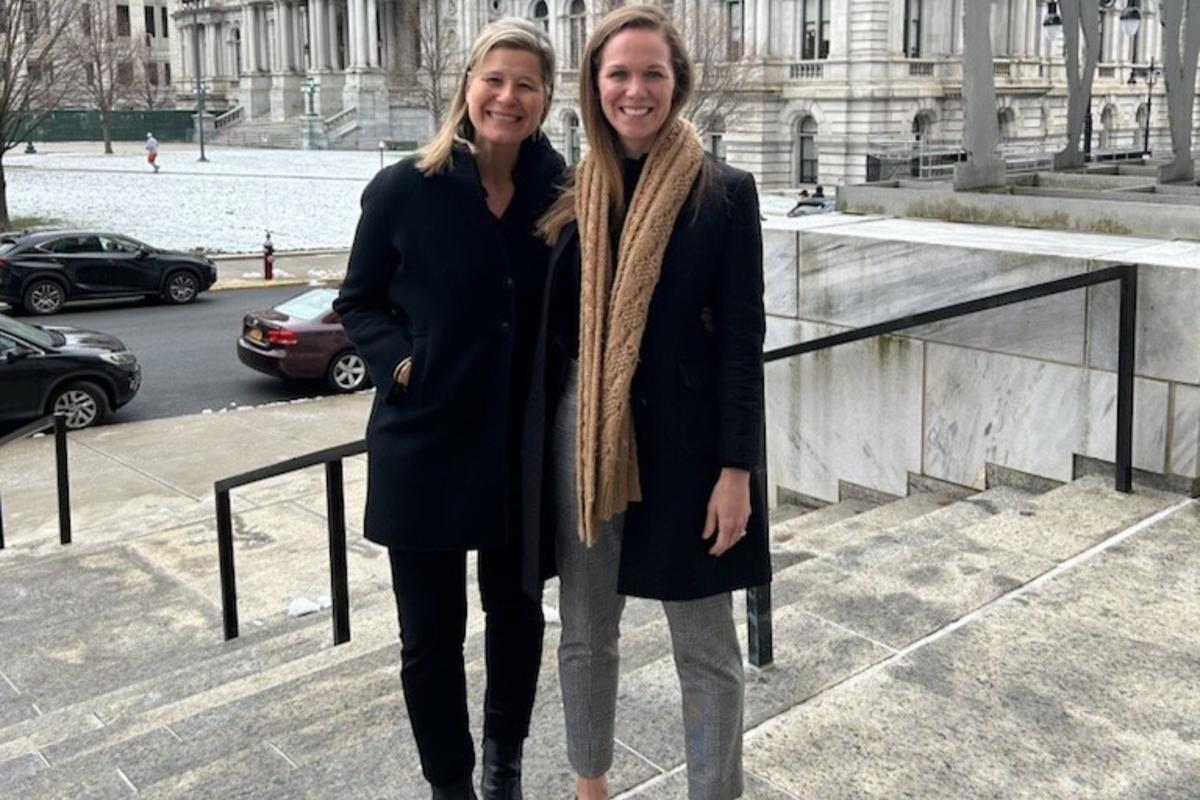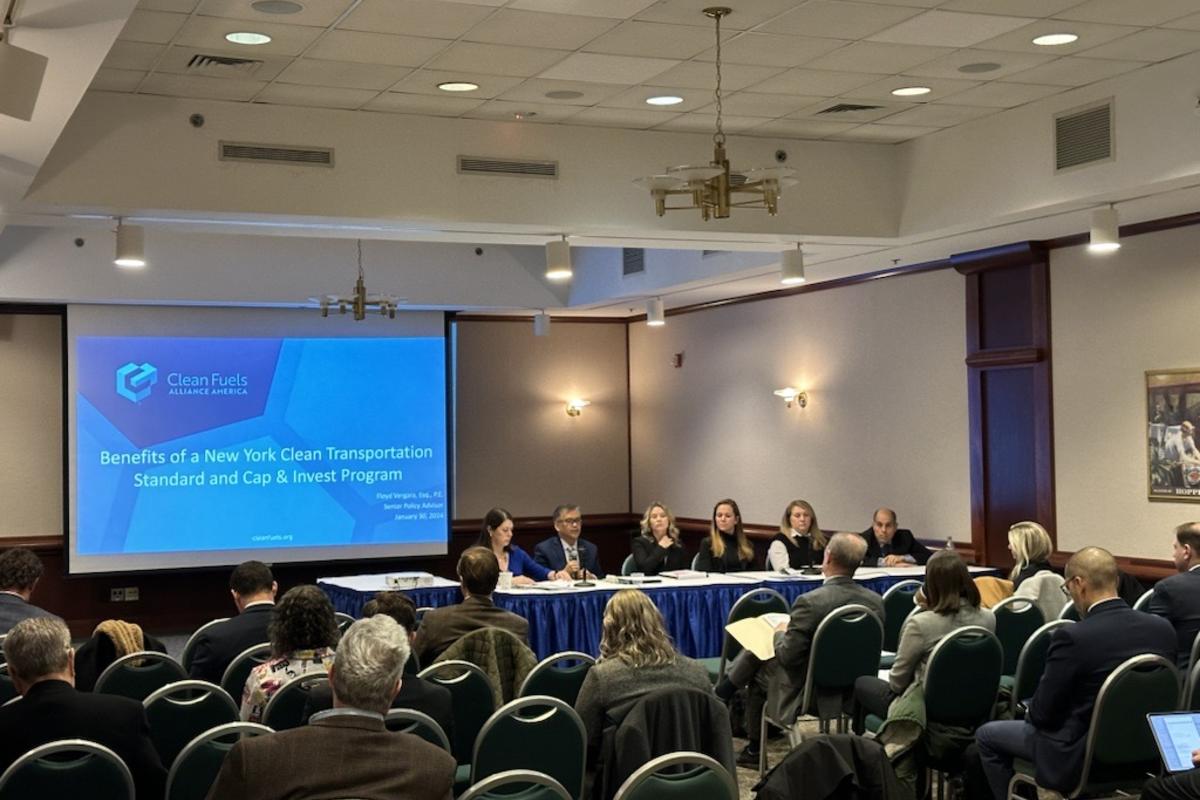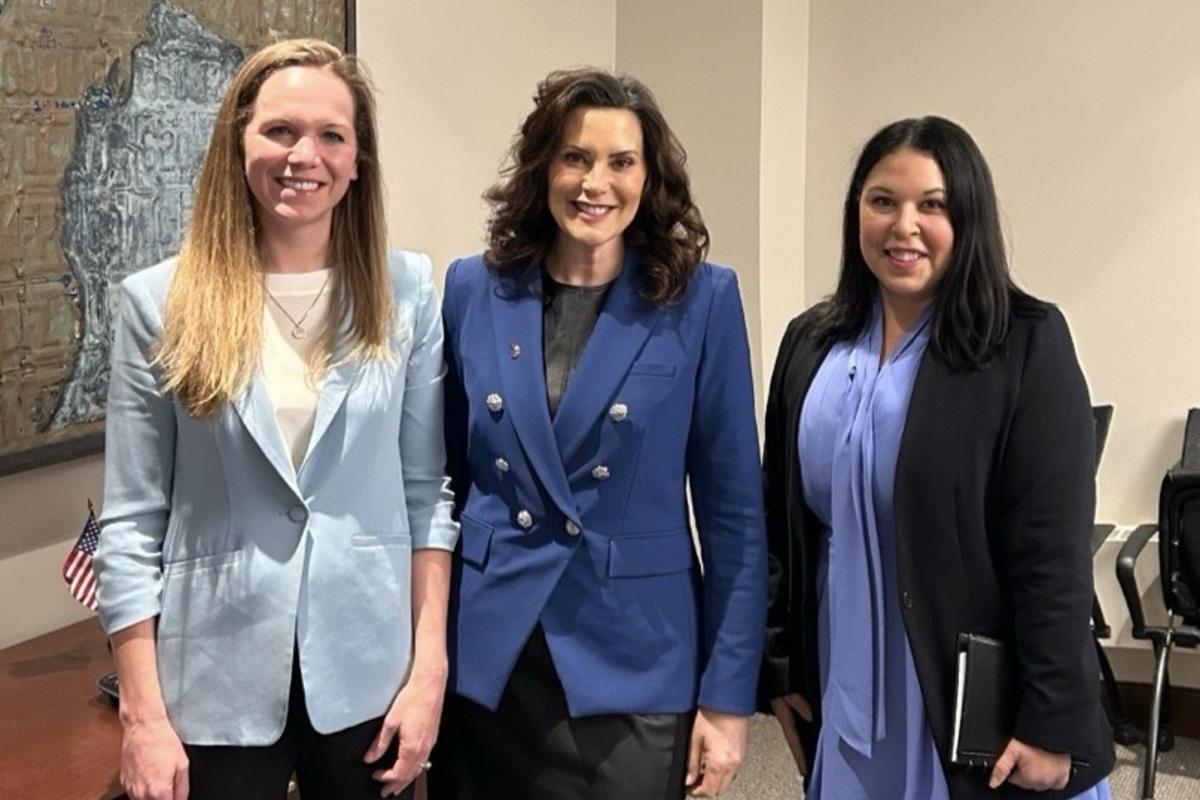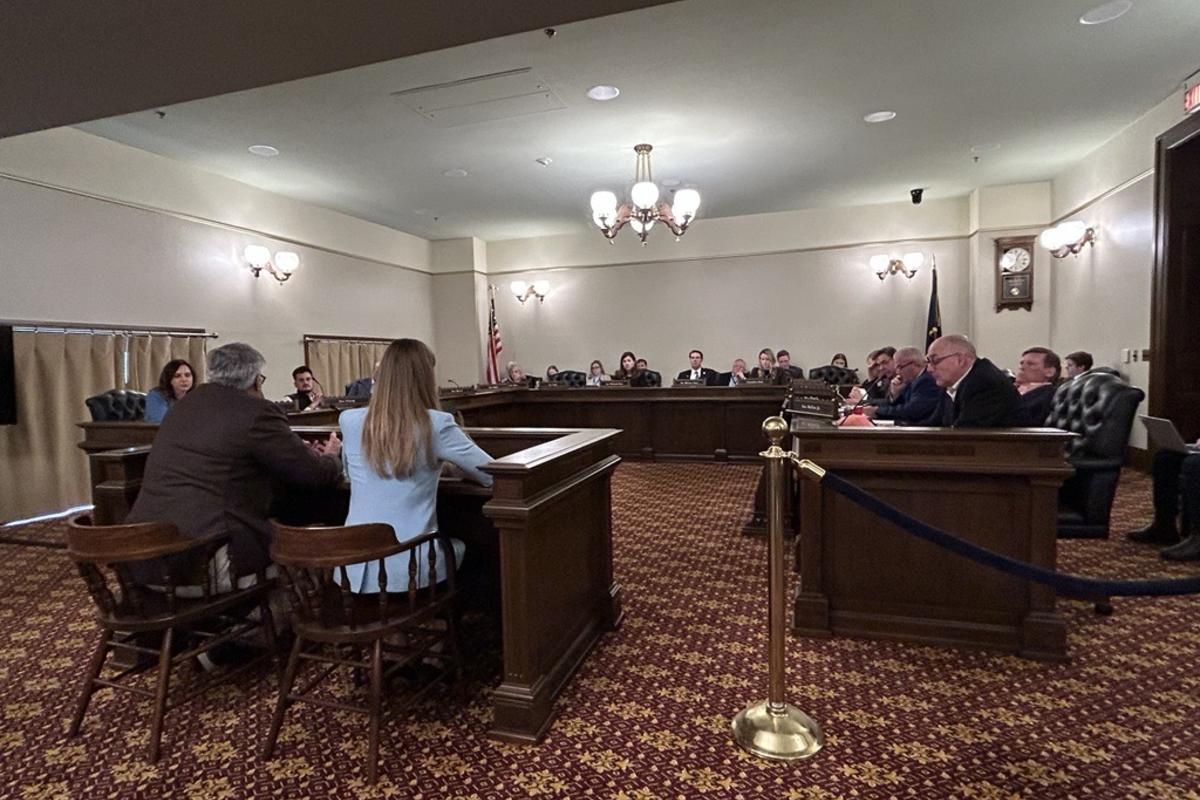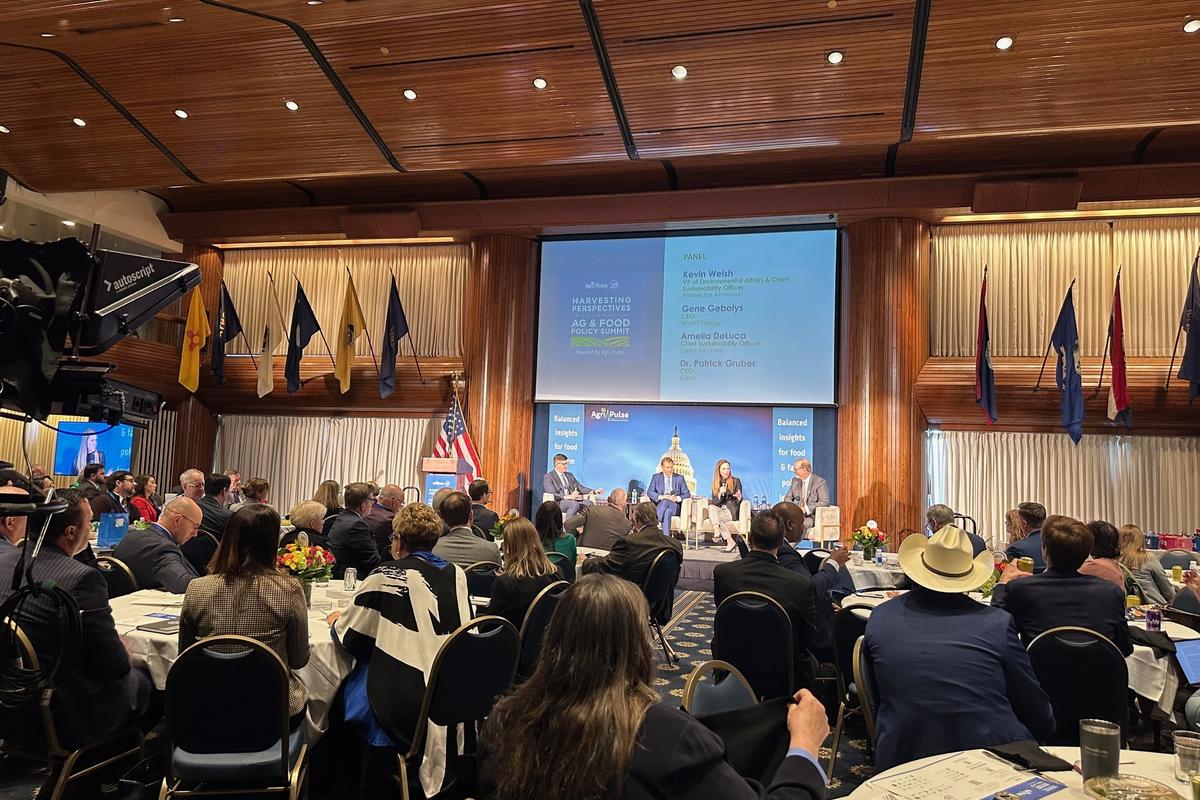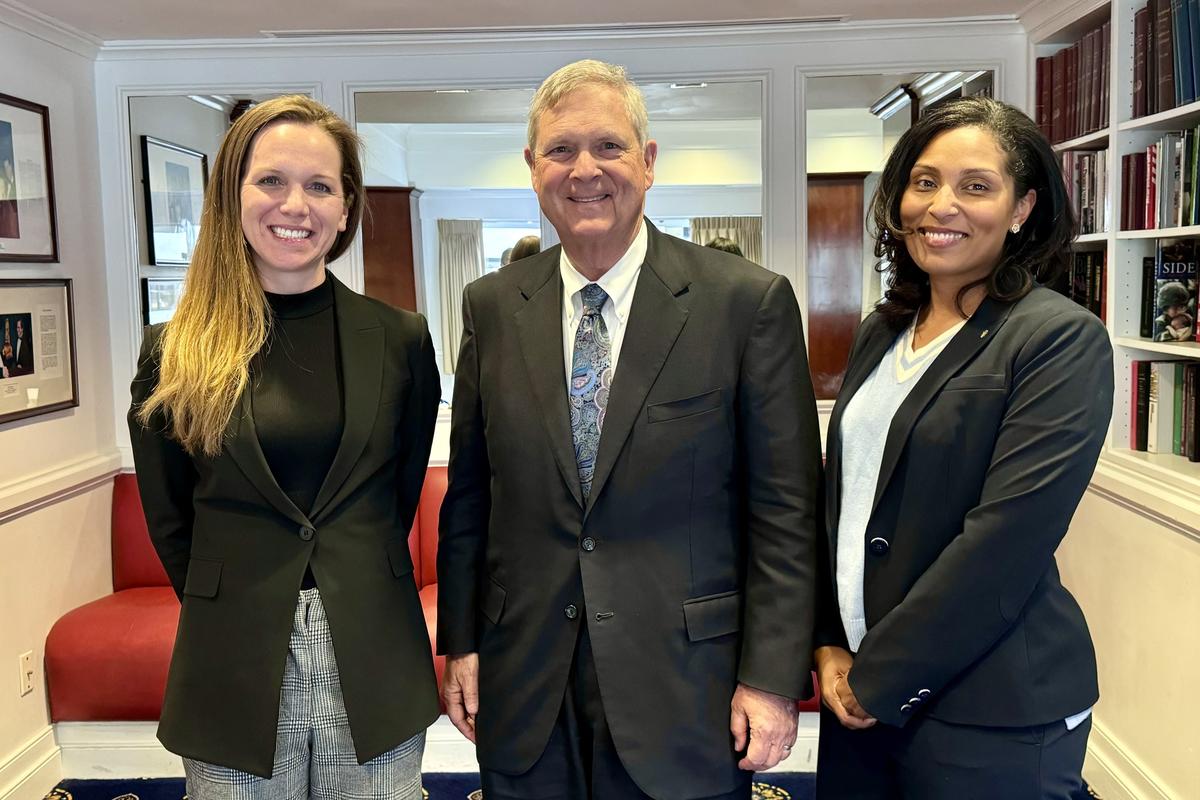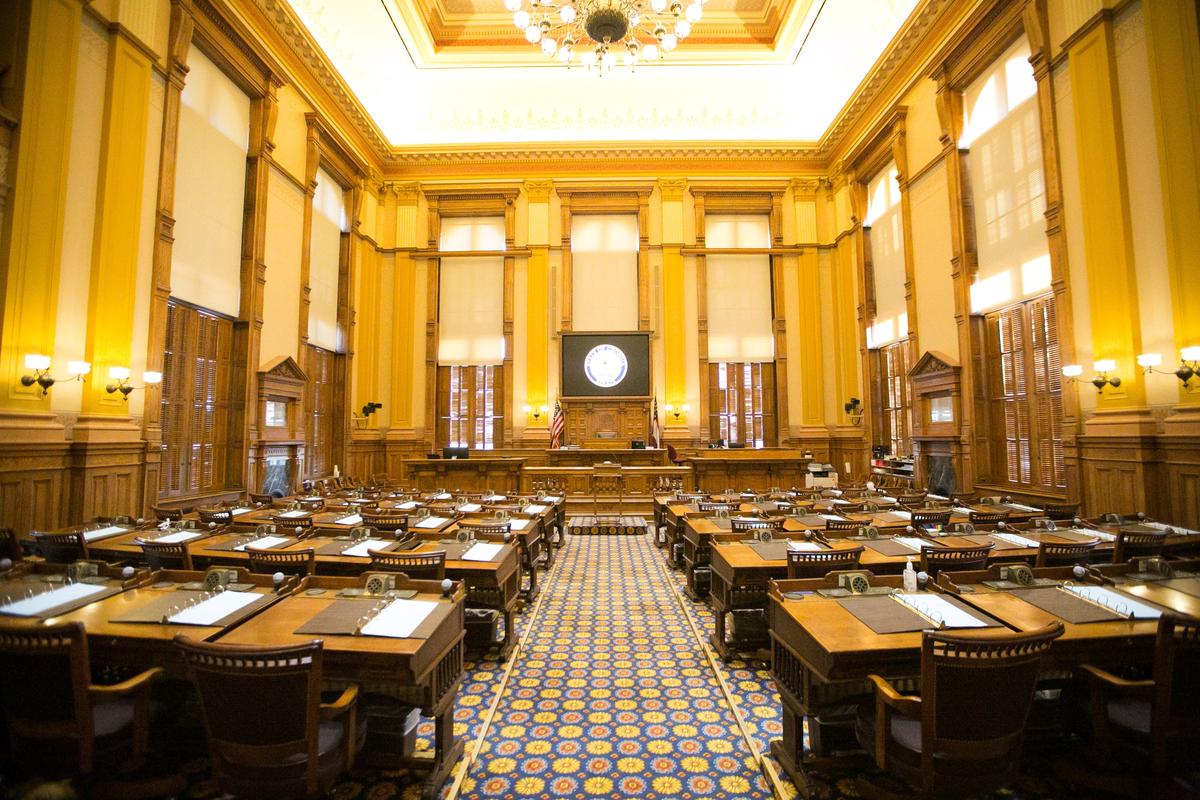Unlocking the potential of Sustainable Aviation Fuel through meaningful advocacy
This Earth month, we’re sharing how Delta is leading in efforts to bring together diverse stakeholders and coalitions, while advocating with local, state and federal policymakers for the needed incentives to increase SAF production in the U.S.
With 90% of Delta’s carbon emissions coming from jet fuel, Sustainable Aviation Fuel (SAF) is the most promising lever known today to reduce carbon emissions and decarbonize our business. Because SAF is produced with an array of bio-based feedstocks, SAF has the ability to reduce lifecycle carbon emissions by up to 80% compared to conventional jet fuel. When paired with sustainable agriculture practices, lifecycle emissions can be reduced by even more than 80% and in some circumstances can result in net negative emissions. However, there isn’t enough SAF to meet global demand for even a week and it isn’t cost competitive.
As an emerging technology, SAF has to overcome high startup costs and requires cross-industry collaboration and new sources, like agricultural products,to grow into a viable market. That’s why Delta is leading efforts to bring together stakeholders and is advocating for government incentives to scale the production of SAF.
Meaningful change doesn’t happen overnight. It may take years – if not decades – for there to be enough SAF available to fuel the aviation industry, which is why our actions today are vital to securing the future of air travel.
ADVOCACY EFFORTS
Government leaders across the country have a key role to play in expanding the SAF market and successfully transitioning from conventional jet fuel to SAF. Their partnership is core to Delta's sustainability strategy and the future of sustainable aviation. Coast to coast, Delta’s Government Affairs team is advocating for policies that will incentivize production and kickstart investment in a robust SAF industry. Working with farmers, producers, buyers, policymakers and other players at the state and federal level, can help make SAF more cost effective and accessible through strategic incentives, like tax credits and government-backed financing programs.
Delta SAF Advocacy in the News:
A chance for New York to decrease emissions from air travel | Times Union
DeLuca: Bill will help drive sustainable aviation | The Detroit News
Details for SAF Tax Credits Delayed, But Will 'Send Right Signal,' Ag Secretary Says | Progressive Farmer
Airline Industry, Others Stress Need for Sustainable Aviation Fuels to Take Off | Progressive Farmer
Michigan looks to bolster production of a greener jet fuel | Crain's Detroit Business
“SAF is the only solution available today that can yield immediate results and drastically cut airline lifecycle GHG emissions,” said Cherie Wilson, Delta’s Vice President of Government Affairs - Sustainability. “This is why Delta continues to partner across the value chain to advocate for state and federal incentives that will spur demand and kickstart SAF production, resulting in a level playing field with lower emission fuels already available, like biodiesel and renewable diesel.”
Amelia DeLuca, Delta’s Chief Sustainability Officer, has spent the last few months visiting with policymakers and stakeholders in Washington, DC and key states elevating the significant benefits of building a robust SAF market.
“There are states all over the country that have ample opportunity to lead in the scaling and production of SAF, which is not only better for the planet, but it’s good for the economy,” shared DeLuca. “Our work will help unlock the potential of SAF by advancing government incentives that mitigate risk across the SAF value chain, from farmers and financiers to end-users, enabling SAF use in a meaningful way.”
Delta’s championing of pro-SAF policies and coalition building continues to yield results, with a handful of states across the country – Minnesota, Washington and Illinois - having already enacted a SAF-specific tax credit that will promote sustainable agriculture, create jobs and move the needle on reducing transportation carbon emissions. When combined with federal incentives passed under the Inflation Reduction Act, like the Blenders Tax Credit and Clean Fuels Production Credit, producers have an adequate framework to overcome capital obstacles and start producing at the scale needed to move the needle on the airline industry’s carbon reduction targets.
Home to Delta’s second largest hub in Minneapolis, Minnesota’s $1.50 SAF credit sparked a cross-industry conversation in the state, leading to the creation of the Minnesota SAF Hub in 2023. As an anchor partner, Delta is working with business, government and regional partners to develop sensible strategies to produce, process and deliver SAF at Minneapolis St. Paul Airport.
Delta is also a founding member of Americans for Clean Aviation Fuels, the first national coalition of the largest industrial sectors in America, from farmers and agri-business to fuel producers and end-users. Working across industries, the coalition is driving national efforts to promote investment in alternative fuels like SAF while supporting the economy, farmers, the environment and energy independence.
In addition to state and federal advocacy, Delta is also working to catalyze investment and signal demand for SAF production through offtake agreements and partnerships with corporate and cargo customers. Delta has signed agreements with multiple SAF producers, including Neste and Gevo, to build a dependable supply of SAF to meet Delta’s goal of 10% SAF usage by the end of 2030.
The complexity of decarbonization means no one company or industry can do it alone – it takes all of us working together to build a more sustainable future of flight.
Read more about Delta’s sustainability strategy on News Hub.
© 2026 Delta Air Lines, Inc.

